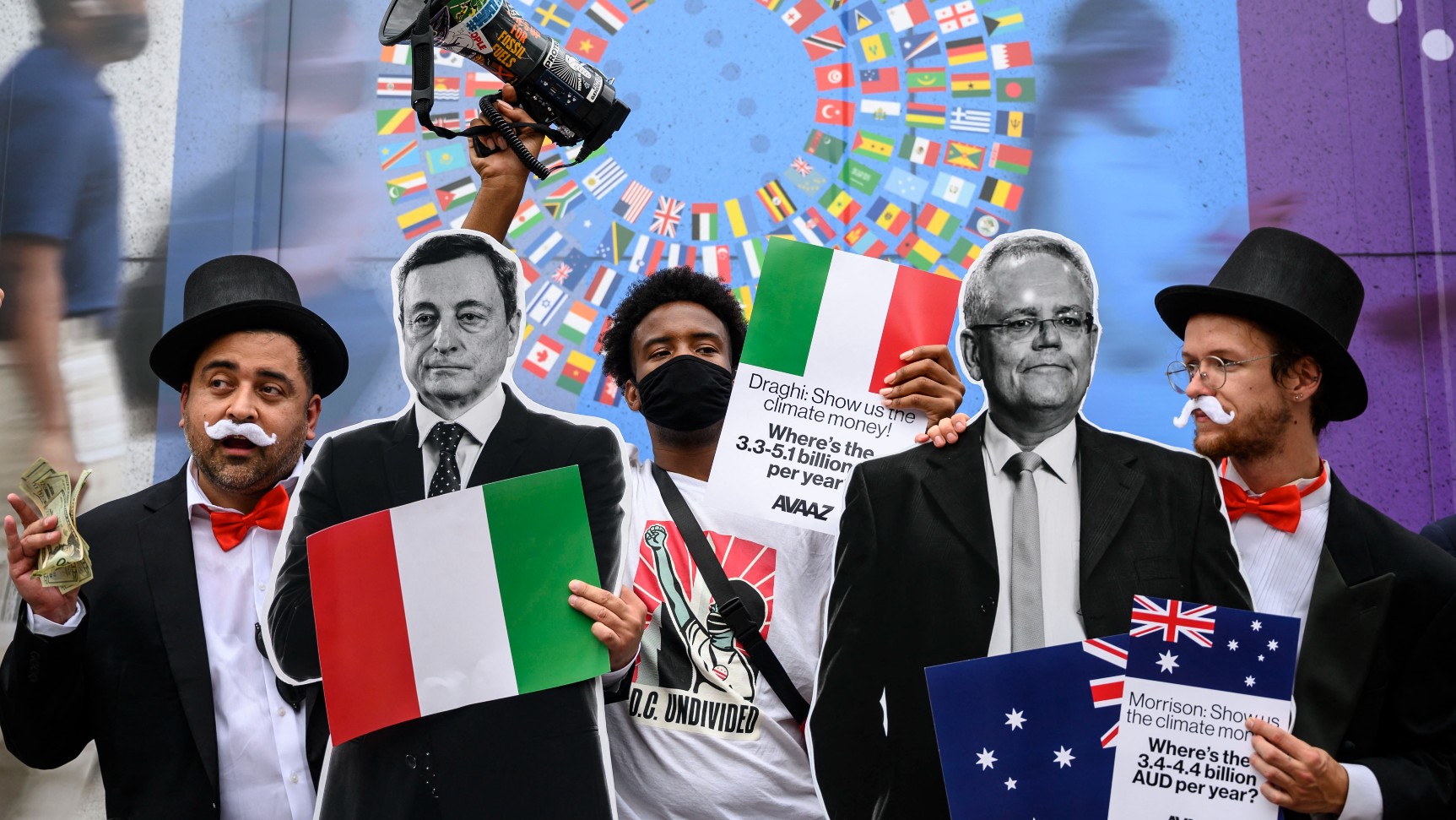IMF: British economy ‘to grow faster than eurozone’
Washington-based institution has revised its growth forecasts

A free daily email with the biggest news stories of the day – and the best features from TheWeek.com
You are now subscribed
Your newsletter sign-up was successful
Two studies have forecast that Britain’s economy will grow faster than major Eurozone rivals this year.
The International Monetary Fund predicts that, assuming there is an orderly Brexit and a steady transition to a new relationship with the bloc, growth would accelerate from 1.3% last year to 1.4% this year and 1.5% in 2021.
It believes that the eurozone will grow by 1.3% this year and 1.4% next. Germany, France, Italy and Japan will struggle to keep up and the only two G7 advanced economies to outpace Britain would be the United States and Canada.
The Week
Escape your echo chamber. Get the facts behind the news, plus analysis from multiple perspectives.

Sign up for The Week's Free Newsletters
From our morning news briefing to a weekly Good News Newsletter, get the best of The Week delivered directly to your inbox.
From our morning news briefing to a weekly Good News Newsletter, get the best of The Week delivered directly to your inbox.
The Times says that PWC’s global CEO survey found that European chief executives regard Britain as a key market for growth and investment.
The accounting firm found that Britain was rated as the fourth most important territory for growth, after the United States, China and Germany, as the country’s “attractiveness” returns to levels last recorded in 2015.
Bob Moritz, PWC chairman, told the American broadcaster CNBC: “When you look at the UK specifically... you have got a little bit more certainty.”
However, CNBC adds that the IMF has become less optimistic about global growth. After forecasting in October a global growth rate of 3% for 2019 and of 3.4% for 2020, the Washington-based institution has now revised down those forecasts to 2.9% and 3.3%, respectively.
A free daily email with the biggest news stories of the day – and the best features from TheWeek.com
“The projected recovery for global growth remains uncertain. It continues to rely on recoveries in stressed and underperforming emerging market economies, as growth in advanced economies stabilises at close to current levels,” Gita Gopinath, the IMF’s chief economist, said.
–––––––––––––––––––––––––––––––For a round-up of the most important stories from around the world - and a concise, refreshing and balanced take on the week’s news agenda - try The Week magazine. Start your trial subscription today –––––––––––––––––––––––––––––––
-
 What is the endgame in the DHS shutdown?
What is the endgame in the DHS shutdown?Today’s Big Question Democrats want to rein in ICE’s immigration crackdown
-
 ‘Poor time management isn’t just an inconvenience’
‘Poor time management isn’t just an inconvenience’Instant Opinion Opinion, comment and editorials of the day
-
 Bad Bunny’s Super Bowl: A win for unity
Bad Bunny’s Super Bowl: A win for unityFeature The global superstar's halftime show was a celebration for everyone to enjoy
-
 The World Bank and the IMF: still fit for purpose?
The World Bank and the IMF: still fit for purpose?In the Spotlight Washington meeting has renewed focus on whether 80-year-old Bretton Woods 'twin' institutions are able to tackle the challenges of the future
-
 Kenya unrest: a warning for Africa's future?
Kenya unrest: a warning for Africa's future?Today's Big Question Youth-led anger over unemployment, debt and corruption reflects tensions simmering across the continent
-
 How the world economy learned to live with the drama
How the world economy learned to live with the dramaUnder the Radar As economists predict a 'soft landing' after recent crises, is the global economy now 'oblivious to the new world disorder'?
-
 Has life in Russia regressed since the Ukraine invasion?
Has life in Russia regressed since the Ukraine invasion?Today's big question The 'war economy' has defied Western sanctions as ordinary citizens rally round the regime
-
 The great lending game: IMF vs China
The great lending game: IMF vs Chinafeature Vulnerable countries face choice of restrictive ‘conditionalities’ or ‘debt-trap diplomacy’
-
 Labour shortages: the ‘most urgent problem’ facing the UK economy right now
Labour shortages: the ‘most urgent problem’ facing the UK economy right nowSpeed Read Britain is currently in the grip of an ‘employment crisis’
-
 Will the energy war hurt Europe more than Russia?
Will the energy war hurt Europe more than Russia?Speed Read European Commission proposes a total ban on Russian oil
-
 Will Elon Musk manage to take over Twitter?
Will Elon Musk manage to take over Twitter?Speed Read The world’s richest man has launched a hostile takeover bid worth $43bn